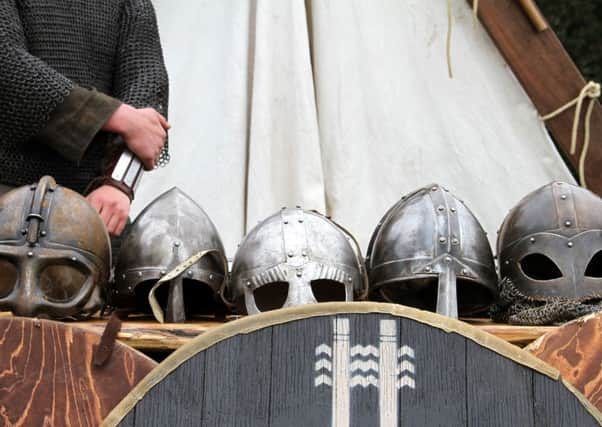Vikings brought leprosy to Ireland, say scientists


The finding is significant, the researchers say, because so little is known about leprosy in medieval Ireland.
Funded by the British Academy, the study focused on five cases of probable leprosy which were identified in human skeletal remains excavated from burials in Ireland.
Advertisement
Hide AdAdvertisement
Hide AdThree of the individuals were from a cemetery in Dublin, while the others came from Co Kildare and Co Antrim.
Genetic investigations, also known as genotyping, were carried out on the leprosy strains in two of the Dublin individuals.
The strains, which were dated from the early 10th century through to the 13th century, revealed that the individuals had been affected by two different strains of leprosy.
One had probable origins in Scandinavia, while the other first developed in the Middle East.
Advertisement
Hide AdAdvertisement
Hide AdThe two strains are similar to those found in medieval Scandinavia.
The scientists also examined the chemical composition of the teeth in the Dublin skeletons and found that two of the individuals had come from somewhere colder, with older geology, than in Ireland – a good match for a Scandinavian origin.
Professor Eileen Murphy, from the School of Natural and Built Environment at Queen’s, said: “Ireland is of particular interest in the history of leprosy as it was never part of the Roman world nor underwent any significant occupation by later Anglo-Saxon settlers.”
Professor Murphy added: “This work adds to our knowledge of the likely origins of leprosy in Medieval Ireland and will hopefully stimulate further research into the history and spread of this ancient disease across the world.”